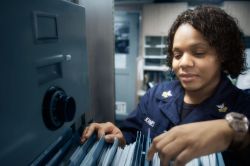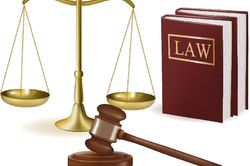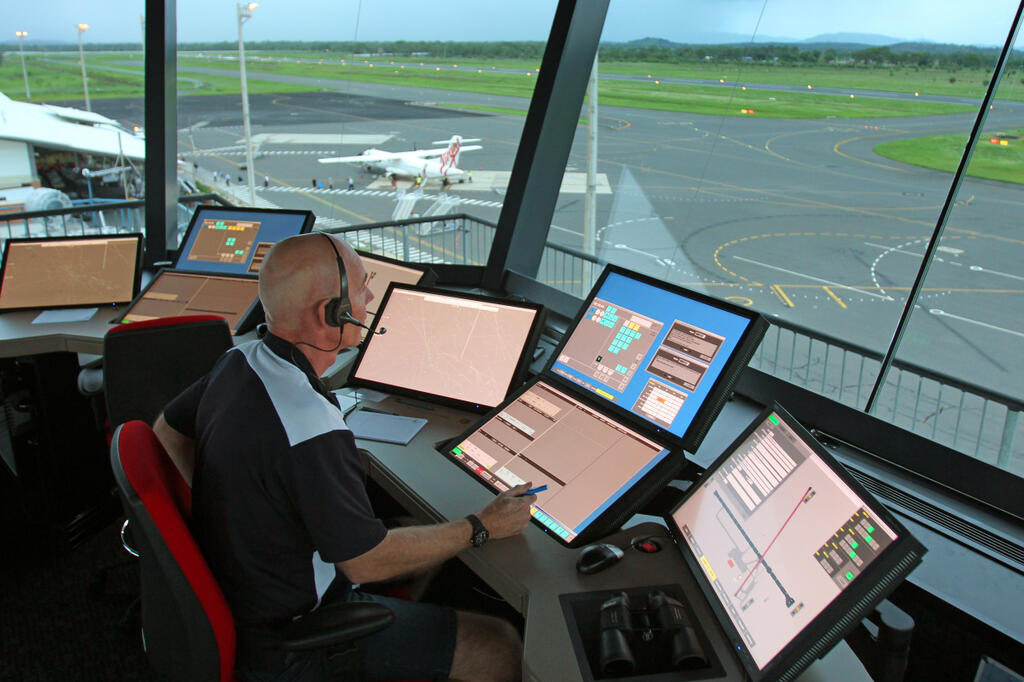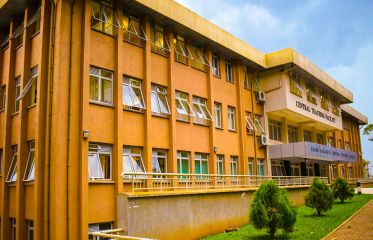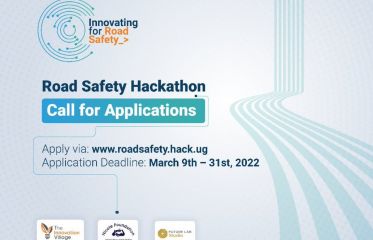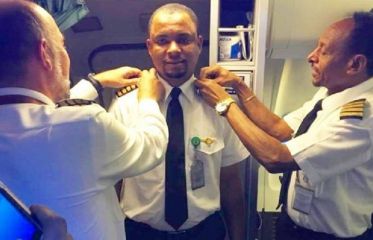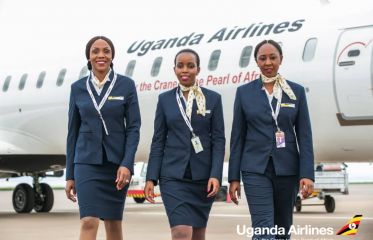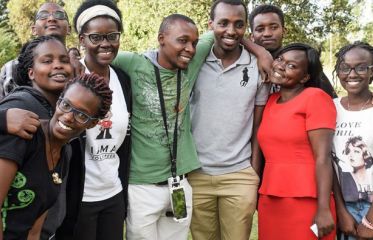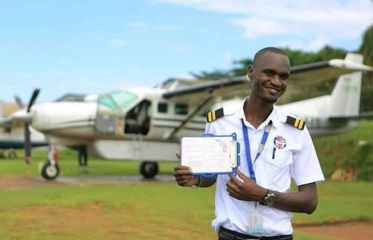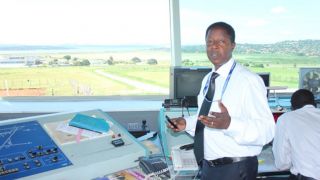Breaking News
- Sunbird AI Student Internship Program ...Read More
- Sunbird AI Fellows Program ...Read More
- Call for Applications for MOTIV Media Academy ...Read More
- Ground Breaker Full time Scholarship for girls to study Software Engineering ...Read More
- AU Digital and Innovation Fellowship - Cohort 2 ...Read More
- Apply to Women Institute of Technology and Innovation for 2024 Intake (Fully Funded) ...Read More
- Higher Education Students Financing Board Call for Student's Loan Application for AY 2023-2024 ...Read More
- Government Allied Health Training Institutions in Uganda ...Read More
- Government Nursing and Midwifery Training Institutions offering Diploma and Certificate Programs ...Read More
- Ministry of Education and Sports Mauritius - Africa Scholarship Scheme 2024 Edition ...Read More
Air traffic controller
Air traffic controllers coordinate the movement of air traffic, to ensure that aircraft stay safe distances apart.
Add to FavouritesAir traffic controllers' primary concern is safety, but they also must direct aircraft efficiently to minimize delays. They manage the flow of aircraft into and out of the airport airspace, guide pilots during takeoff and landing, and monitor aircraft, as they travel through the skies.
Controllers usually manage multiple aircraft at the same time and must make quick decisions to ensure the safety of the aircraft. For example, a controller might direct one aircraft on its landing approach, while providing another aircraft with weather information.
Duties
Air traffic controllers typically do the following:
1. Issue landing and takeoff instructions to pilots
2. Monitor and direct the movement of aircraft on the ground and in the air, using radar, computers, or visual references
3. Control all ground traffic at airports, including baggage vehicles and airport workers
4. Manage communications by transferring control of departing flights to traffic control centers and accepting control of arriving flights
5. Provide information to pilots, such as weather updates, runway closures, and other critical information
6. Alert airport response staff, in the event of an aircraft emergency
Important skills
1. Communication skills. Air traffic controllers must be able to give clear, concise instructions, listen carefully to pilot's requests, and respond by speaking clearly.
2. Concentration skills. Controllers must be able to concentrate in a room where multiple conversations occur at once. For example, in a large airport tower, several controllers may be speaking with several pilots at the same time.
3. Decision-making skills. Controllers must make quick decisions. For example, when a pilot requests a change of altitude or heading to avoid poor weather, the controller must respond quickly, so that the plane can operate safely.
4. Math skills. Controllers must be able to do arithmetic accurately and quickly. They often need to compute speed, time, and distance problems, and recommend heading and altitude changes.
5. Organizational skills. Controllers must be able to coordinate the actions of multiple flights. Controllers need to be able to prioritize tasks, as they may be required to guide several pilots at the same time.
6. Problem-solving skills. Controllers must be able to understand complex situations, such as the impact of changing weather patterns on a plane's flight path. Controllers must be able to review important information and provide pilots with an appropriate solution.
Key kmowledge areas
1. Transportation — Knowledge of principles and methods for moving people or goods by air, rail, sea, or road, including the relative costs and benefits.
2. English Language — Knowledge of the structure and content of the English language including the meaning and spelling of words, rules of composition, and grammar.
3. Education and Training — Knowledge of principles and methods for curriculum and training design, teaching and instruction for individuals and groups, and the measurement of training effects.
4. Public Safety and Security — Knowledge of relevant equipment, policies, procedures, and strategies to promote effective local, state, or national security operations for the protection of people, data, property, and institutions.
5. Customer and Personal Service — Knowledge of principles and processes for providing customer and personal services. This includes customer needs assessment, meeting quality standards for services, and evaluation of customer satisfaction.
6. Geography — Knowledge of principles and methods for describing the features of land, sea, and air masses, including their physical characteristics, locations, interrelationships, and distribution of plant, animal, and human life.
7. Telecommunications — Knowledge of transmission, broadcasting, switching, control, and operation of telecommunications systems.
8. Mathematics — Knowledge of arithmetic, algebra, geometry, calculus, statistics, and their applications.
9. Computers and Electronics — Knowledge of circuit boards, processors, chips, electronic equipment, and computer hardware and software, including applications and programming.
10. Law and Government — Knowledge of laws, legal codes, court procedures, precedents, government regulations, executive orders, agency rules, and the democratic political process.














